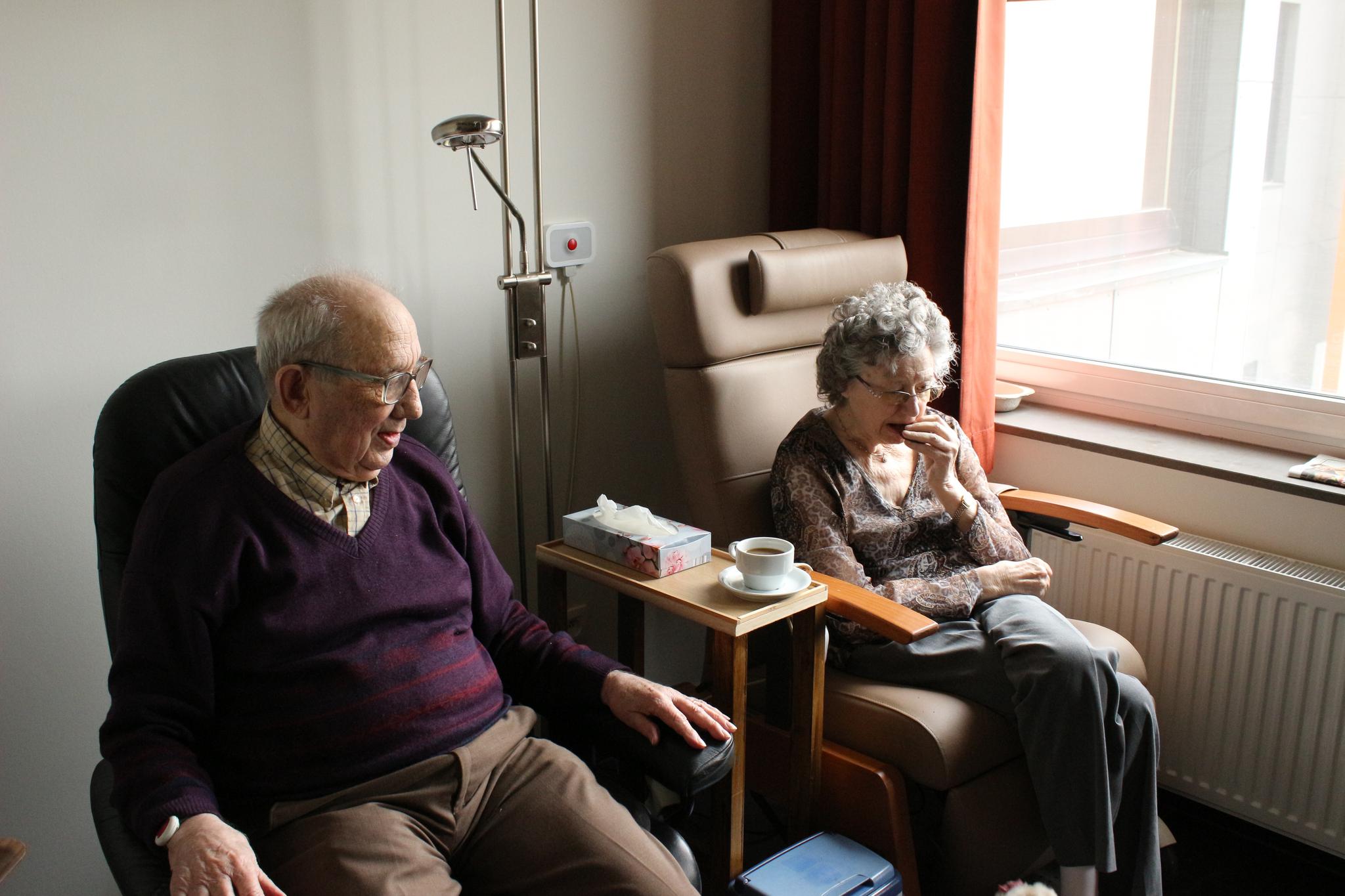Roles in a Nursing Home: Staffing Put Simply
Photo by eberhard grossgasteiger on Unsplash
Living in a nursing home, or having a family member in a nursing home, can be an emotionally exhausting experience. It’s not only difficult to handle how you or your loved one is feeling but tiresome to see other residents struggling. There is a lot of chaos happening- physical therapy teams, activities, food schedules, primary care visits, specialist visits, maintenance, nurse aids, the list goes on and on. Who do you see if you or a resident has a problem that needs to be resolved? Who should you speak to in order to see if mom or dad is really doing well?
Each facility is a bit different, but generally speaking, the below outlines roles and responsibilities of common staff members or departments. Similar to a hospital, you can likely find who you are seeking by looking at their attire. Nursing staff, dietary, and/or housekeeping, often wear colors depicting their department.

Photo by rawpixel on Unsplash
CNA- pronounced “see-nah”. This stands for Certified Nursing Assistant. These are not nurses, but your general staff of care you see on each unit. They often will roll patients over, change their briefs, assist with toileting, answer call lights (if applicable), administer medications, and get general items if the resident is not able to. Note that while they may administer medications, they do not prescribe them or typically provide information on their uses.
Nurse- This can be LPN (Licensed Practicing Nurse) or RN (Registered Nurse). There must be an RN on duty 8 hours a day, 7 days a week, according to a law called OBRA ‘87. OBRA stands for the “Omnibus Budget Reconciliation Act”, but is also known under the Federal Nursing Home Reform Act, which was established to provide guidelines on quality of care in nursing homes. You can find a summary of the act here: https://www.ncmust.com/doclib/OBRA87summary.pdf.
The nurse can also be the unit manager on staff. If you need a medical question answered or escalated, see the nurse or unit manager. They have more education on clinical concerns than CNA’s, however, they are not typically seeing each patient individually, and cover a large portion of the building's resident's.
Director of Nursing (DON) - This is your big boss in care. They oversee the medical team, however this could be a medical team per unit, or per building. This individual would handle more administrative functions, as well as the high needs cases of residents. Note that physical or occupational therapy may be handled under a different department, since it is often a different company who is contracted within the facility. The individual in this role is busy managing staffing levels, complaints, schedules, budgets, and ensure healthcare laws are followed appropriately.

Photo by Elien Dumon on Unsplash
Social Worker/Social Services- Social Workers in nursing homes create the plans of care (a document stating the residents wants, needs, conditions, personal goals) and aid with any resources that may be needed. They facilitate any discharges and might help with durable medical equipment, such as wheelchairs or shower chairs. Social workers also often help with behavioral challenges, however they are not psychiatrists or psychologists and cannot prescribe medications.
Administrator- The nursing home administrator handles many of the business affairs. They often wear multiple hats but deal with compliance, laws, regulations, staffing/HR, complaints, budgets, and other items. Simply put, they act as an overall manager of the facility.

Photo by Emanuela Picone on Unsplash
Dietary- These are the staff handling, cooking, and providing food. If the resident has a specific dietary restriction, such as being unable to eat fish, you would advise the dietary department. Similarly, if they have requests for certain items, like getting grilled cheese in the afternoon, you would also advise dietary. If a resident chose to stay in their room, then a CNA would likely deliver the meal prepared by the dietary team.
Housekeeping- The staff members in this role handle laundry and cleaning of residents rooms. If a room is messy or laundry goes missing, you would contact this department. Be sure to ask about the turnover rate of clothing, since most facilities will require a couple days to return items. Always put the name of the resident in each article of clothing!
Activities/Life Enrichment- This department is usually the favorite! These are your ‘fun’ people. They coordinate events, complete the calendar, book entertainment, host crafts or bible study, and secure any outings by bus. If a resident has a request for a certain activity or they have a particular hobby they enjoy, notify this department.

Photo by Thomas Drouault on Unsplash
If you have specific worries about your friend or family member, decide who has best, or most often, interacted with your loved one. Since staff can change often, review who has been consistent with them. Has the social worker has a good relationship with you, or them? Is there a specific CNA who sees them at 8PM and brings a smile to their faces? If your loved one regularly looks forward to lunch and wouldn't miss a meal, ask the dietary team or the staff member who may help them get to the lunch area. If they would never miss a bingo night, ask the activity director if they've been showing up, or how they have been doing. As a general rule of thumb, use the following as a suggestion:
- Health questions: Nurse on staff
- Engagement with others: Activity director or social worker.
- Food: Dietary department
- Laundry/Cleaning: Housekeeping department
Please note that while the above outlines the basics of each role, they may be different according to state laws and facility needs. Departments will often overlap and assist each other. Be patient with staff, but firm with resident rights. Just because someone is in a nursing home does NOT mean they don’t have provisions to protect them. For more on that, contact your local Area Agency on Aging office or your local Ombudsman, which can be found at http://theconsumervoice.org/get_help.
Updated April, 2021
